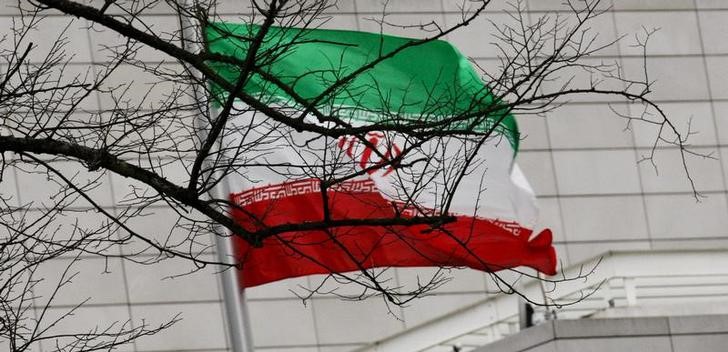Iran Shifts Focus to Cryptocurrency Regulations
Iran is making a strategic shift towards regulating cryptocurrencies with the aim of promoting economic growth, creating employment, and mitigating the impacts of international sanctions. Iran's Minister of Economic Affairs and Finance, Abdolnaser Hemmati, announced the regulatory framework that the country will introduce for cryptocurrencies, stating that this initiative aims to eliminate the negative effects of digital currencies while benefiting from their positive aspects.
The Central Bank of Iran has published guidelines encompassing the legal status of cryptocurrencies, tax compliance, and measures to combat money laundering. According to Iranian economist Mohammad Sadegh Alhosseini, investors in Iran currently hold cryptocurrency assets valued at approximately $30 to $50 billion, roughly a third of the country's gold market.
Primary Goals of the Regulation
Iran's cryptocurrency regulation aims to promote economic growth, provide job opportunities for the young population, and utilize digital assets as a means to circumvent international sanctions. This strategic shift is intended to strengthen the country's economic development by harnessing the innovative potential of digital assets. Rather than limiting cryptocurrencies, Iran plans to regulate them to benefit from the innovative capabilities in this field.
The role of the Central Bank in cryptocurrency regulation is of great importance. The bank is responsible for developing comprehensive policies for the secure integration of cryptocurrencies into the financial system. In this context, policies will be created to define the legal status of cryptocurrencies, operational standards, and compliance requirements, alongside implementing anti-money laundering (AML) and counter-terrorism financing (CFT) regulations.
Potential Benefits of Cryptocurrency Regulations
Regulating cryptocurrencies will provide various benefits to Iran's economy and its citizens. The regulations in the crypto market aim to create new job opportunities, diversify the economy, and build resilience against external shocks. Moreover, a clear and supportive regulatory framework can attract foreign investors looking to invest in the crypto market, thereby increasing technological investments and economic growth.
Digital assets can serve communities that lack access to financial services. The regulation of cryptocurrencies aims to promote financial inclusion for individuals with limited access to traditional banking services. Additionally, cryptocurrencies can contribute to Iran’s trade and financial operations by providing alternative financial mechanisms that are not targets of international sanctions.
Challenges in Iran’s Cryptocurrency Regulation
While this regulatory change presents opportunities, Iran will need to address a series of challenges to successfully integrate cryptocurrencies into its financial system. Establishing effective regulation requires careful planning and execution. Furthermore, issues such as the development of technological infrastructure and public awareness and education are also crucial.
Iran should enhance its capacity and align with international standards by collaborating with international regulatory bodies and participating in global crypto forums to manage this regulatory transition effectively. The goal is to strike a balance between innovation and security to maximize the potential of cryptocurrencies.


